Nofima research unveils consumer reservations about insect and algae-based salmon feed, emphasizing the need for greater awareness
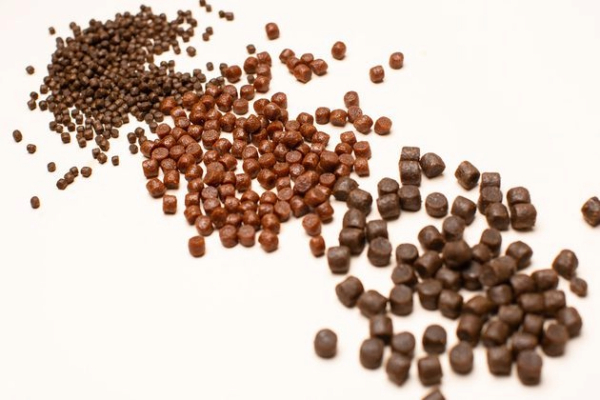
New research from food research institute Nofima reveals that consumers are hesitant about the use of insects and algae in salmon feed, highlighting the need for increased consumer education.
“The respondents loved eating salmon, but did not know much about the fish,” said Katerina Kousoulaki, a senior scientist at Nofima. “Many of the surveyed consumers had a positive attitude towards using algae in fish feed, but did not think that insects were a natural food for the salmon. My impression is that we need to educate the consumers.”
Kousoulaki is leading a project to create a sustainable salmon feed from algae and insect meal. In the future, the salmon industry will require a greater diversity in sustainable raw materials which are beneficial to both salmon and the environment than current options, and microalgae and insects are promising raw materials. However, it turns out that consumers know very little about Norwegian salmon.
Study: Communicating positives about aquaculture can convert ‘naysayers’ into supporters
“If you ask people what salmon eat in the wild, many will answer ‘algae’ and ‘shrimp,’” said Kousoulaki. “However, salmon don’t eat algae, and they don’t eat much shrimp, either. They mainly feed on fish, and upriver, on insects.”
Market expert Sandra Bretagne is a leading partner in the consulting company Insightquest, which conducted the consumer survey using focus groups with French consumers on behalf of Nofima and Auchan. She is confident that consumers can accept salmon being fed more insects and algae – but it will take time and focused communication efforts.
“We need to start the communication on a very basic level,” said Bretagne. “Consumers have little knowledge about industrial processes.”
Now that you've reached the end of the article ...
… please consider supporting GSA’s mission to advance responsible seafood practices through education, advocacy and third-party assurances. The Advocate aims to document the evolution of responsible seafood practices and share the expansive knowledge of our vast network of contributors.
By becoming a Global Seafood Alliance member, you’re ensuring that all of the pre-competitive work we do through member benefits, resources and events can continue. Individual membership costs just $50 a year.
Not a GSA member? Join us.
Author
Tagged With
Related Posts
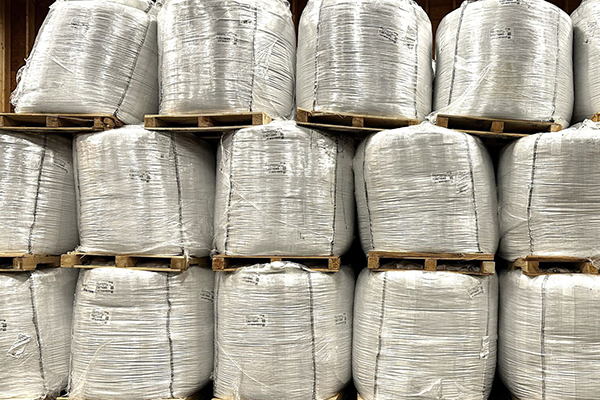
Aquafeeds
Canadian salmon farmer to test algal oil in its feed
Cermaq Canada is testing a new salmon feed that incorporates Veramaris algal oil, aiming to reduce reliance on marine fish oils.
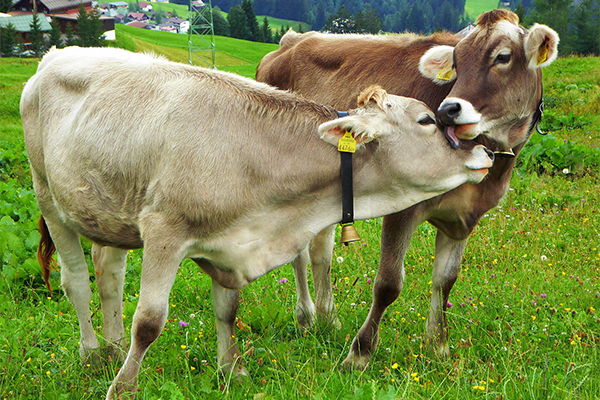
Intelligence
Study shows consumers value animal welfare over sustainability when buying meat and dairy
Consumers value animal welfare over sustainability, highlighting the need for labeling strategies to target consumer preferences.
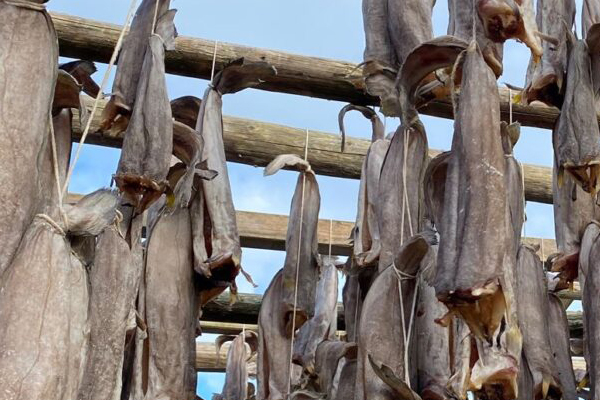
Intelligence
Could better consumer access boost cusk consumption in Norway?
Cusk could become a commercial success with expanded availability and marketing strategies, Norwegian researchers conclude.
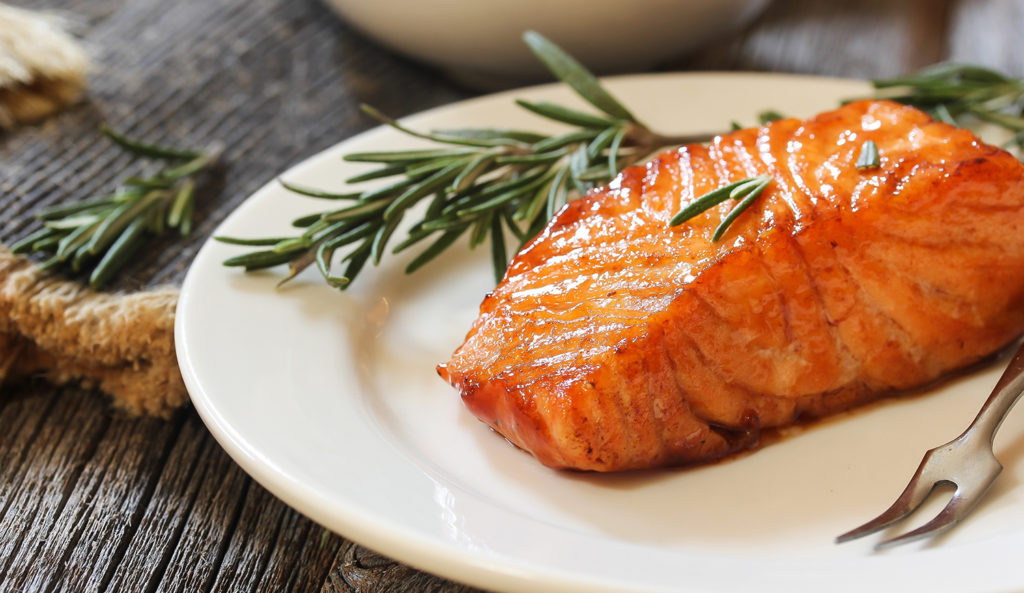
Intelligence
Surveys say? Salmon farmers can win consumers’ trust
Surveys shared at the Atlantic Canada Fish Farmer Association’s 2018 Aquaculture Forum show that consumers aren’t completely swayed by negative media.



